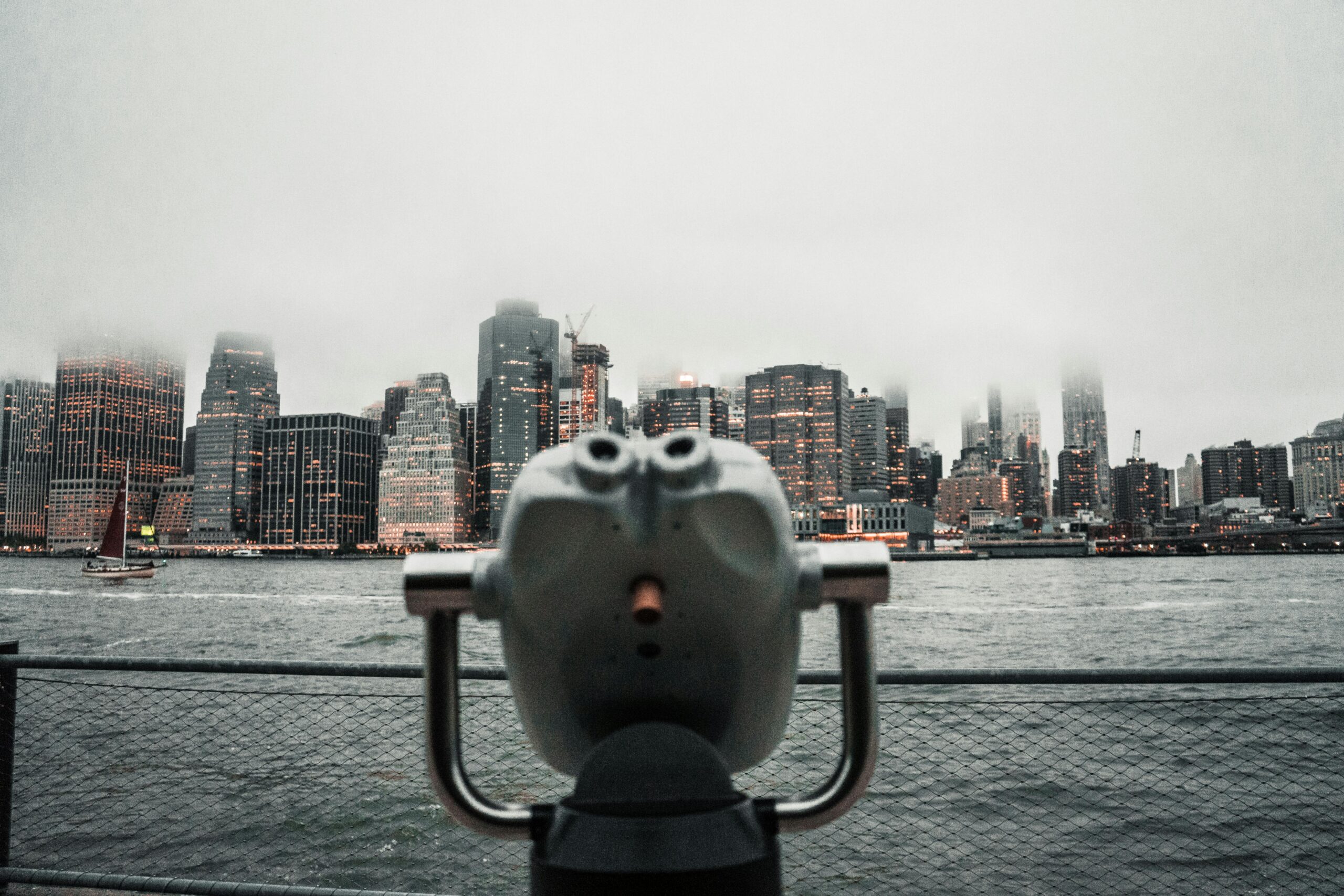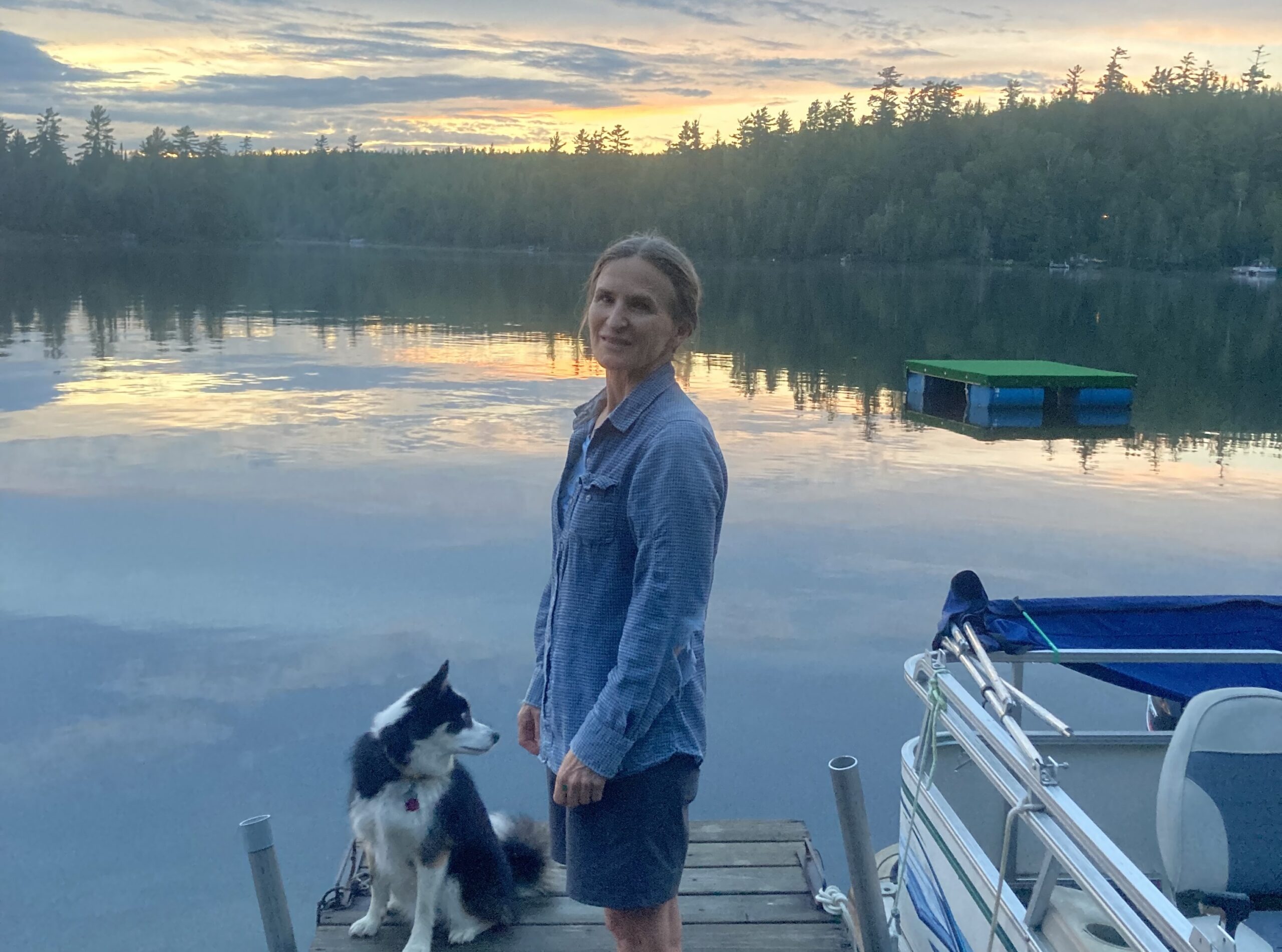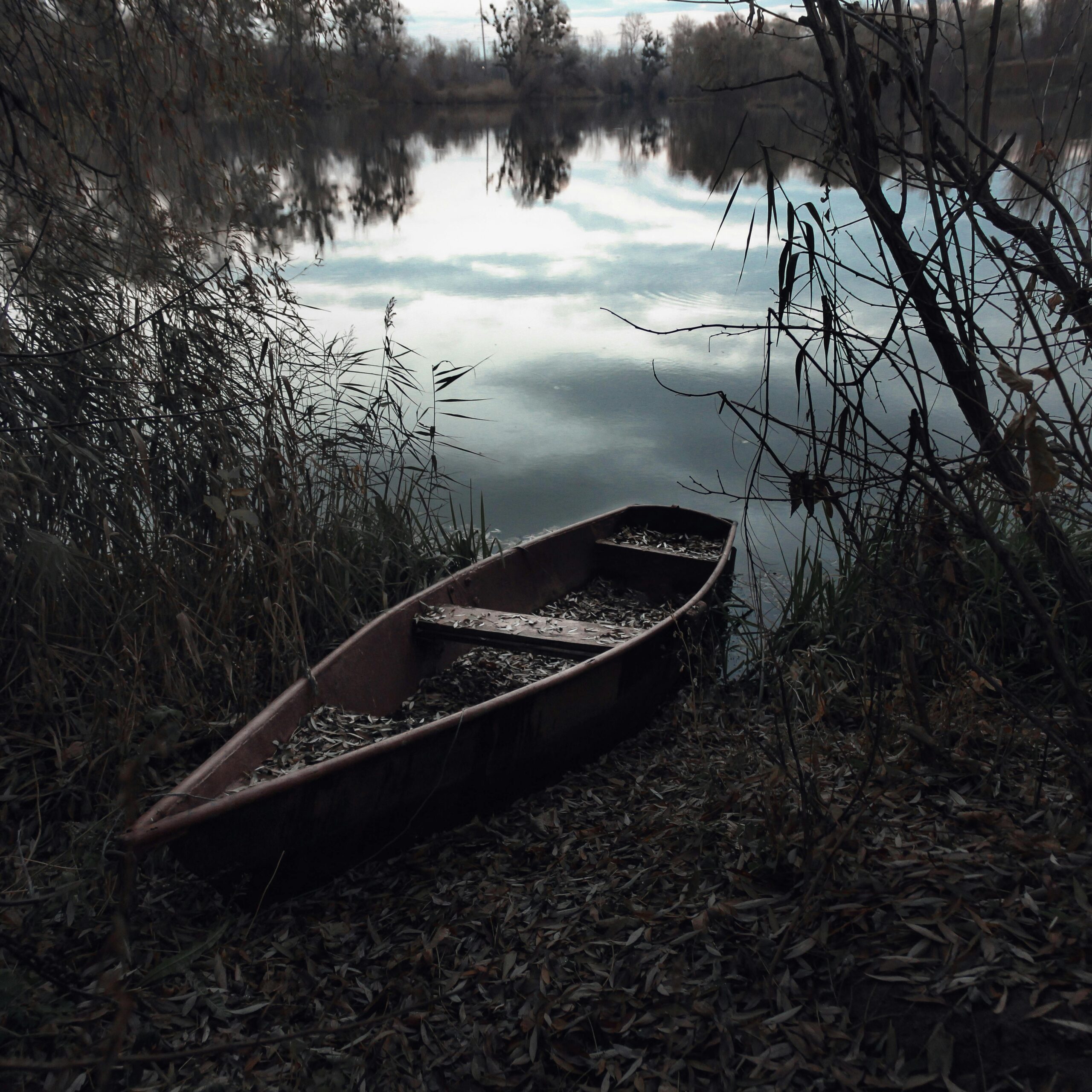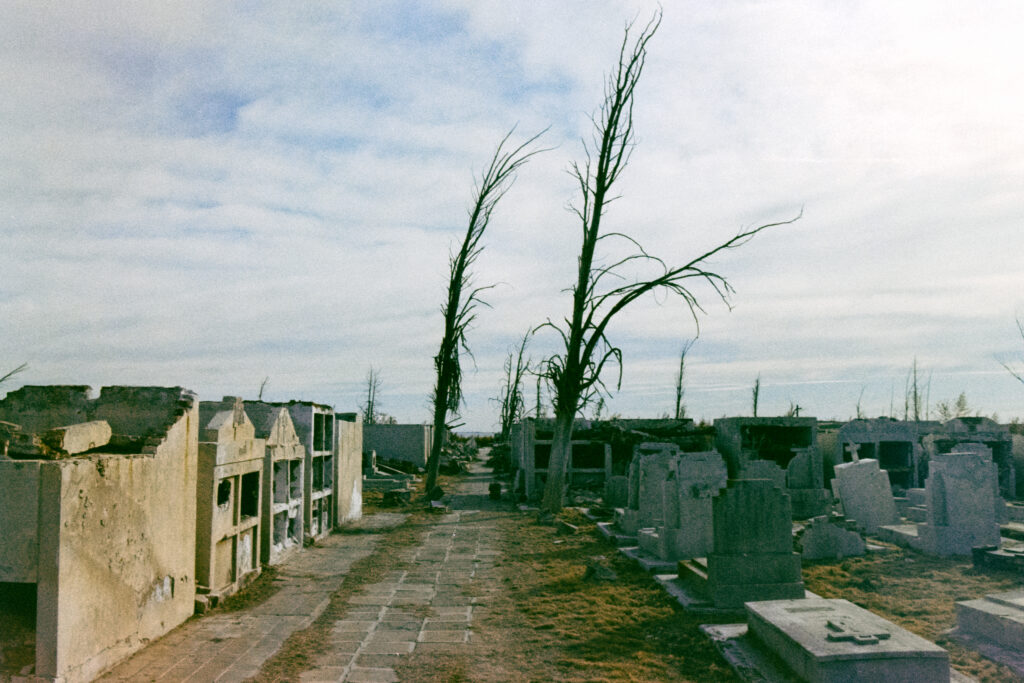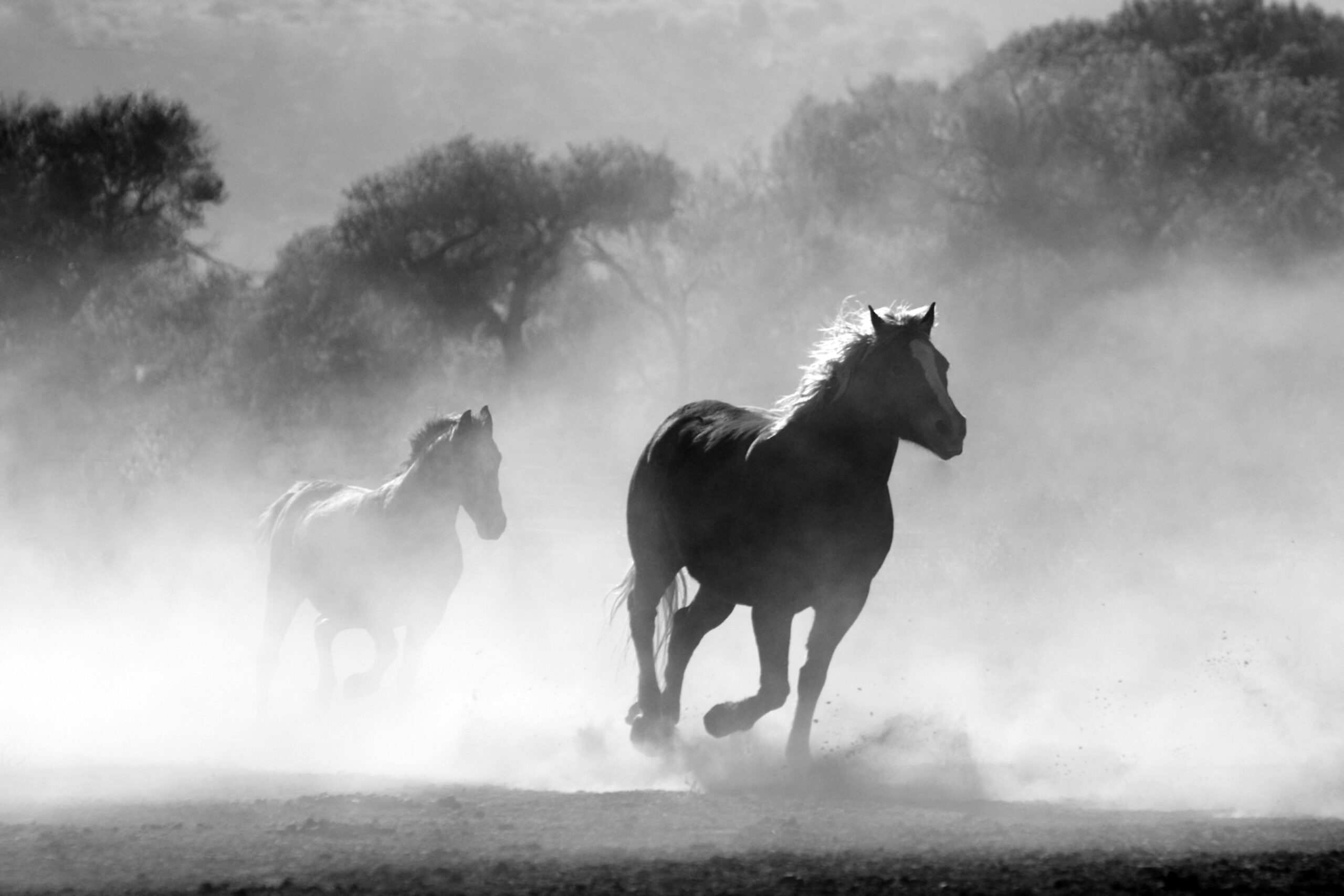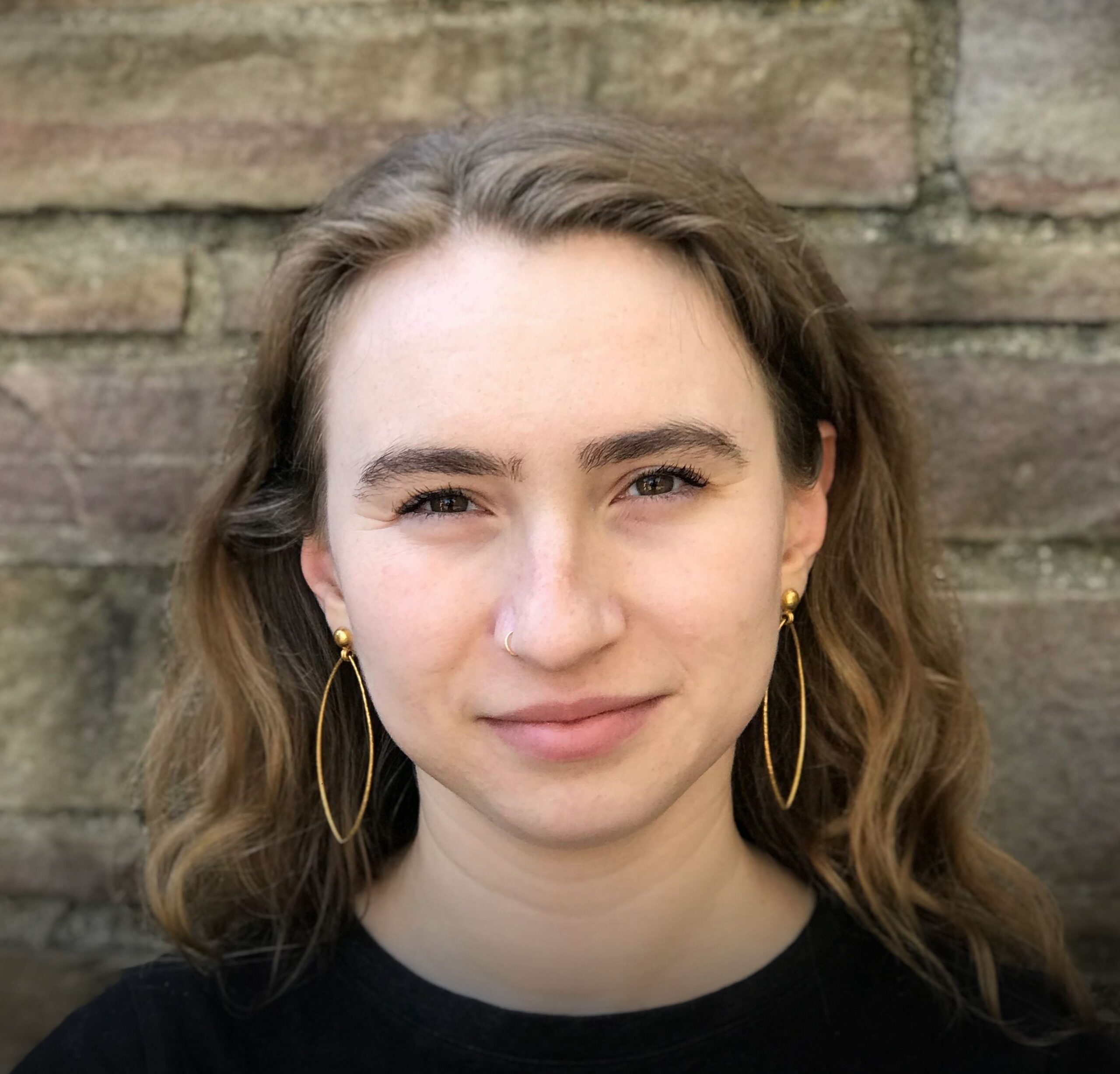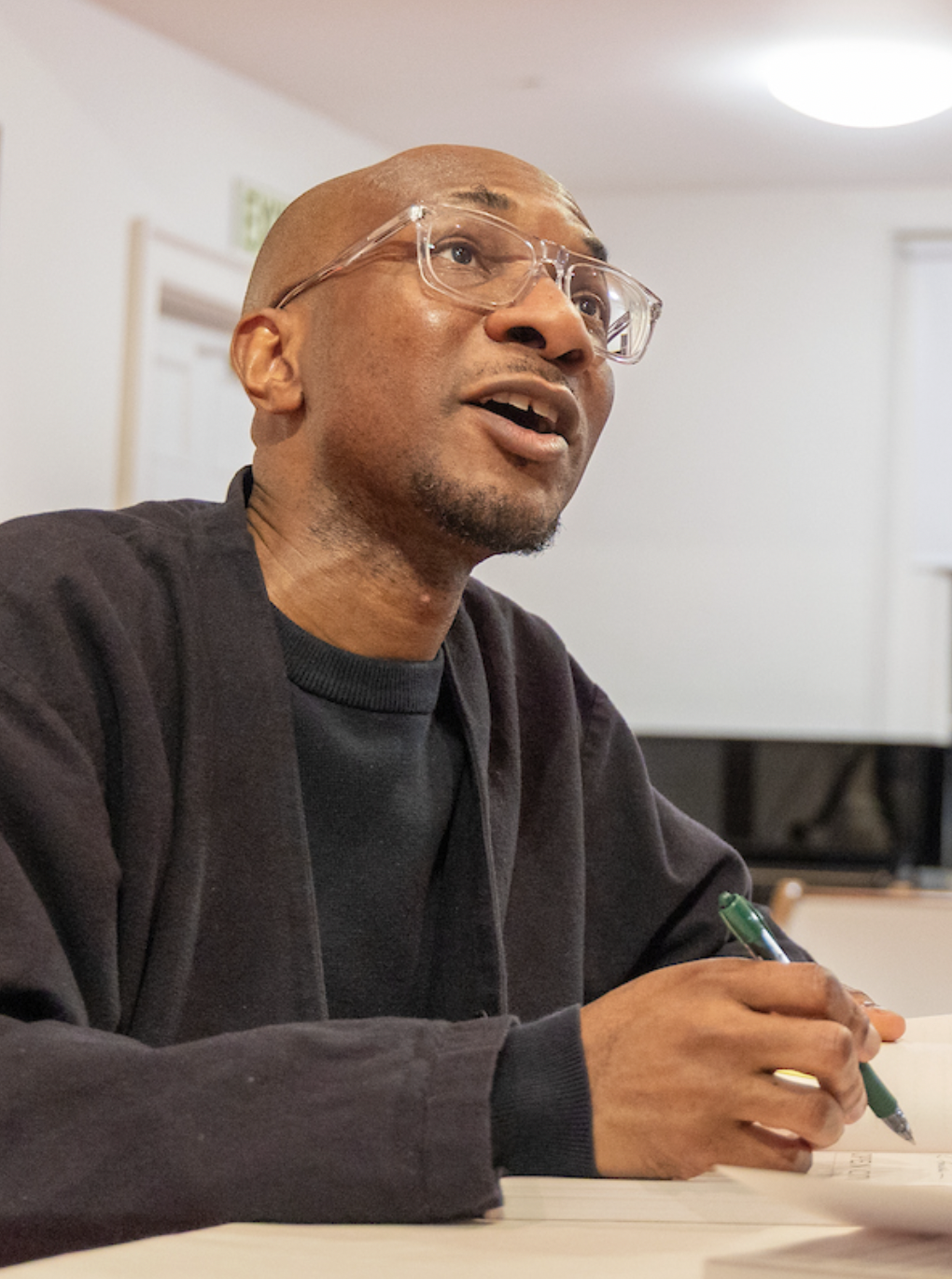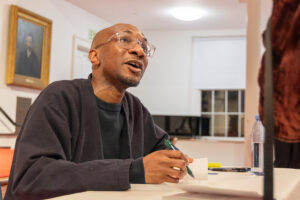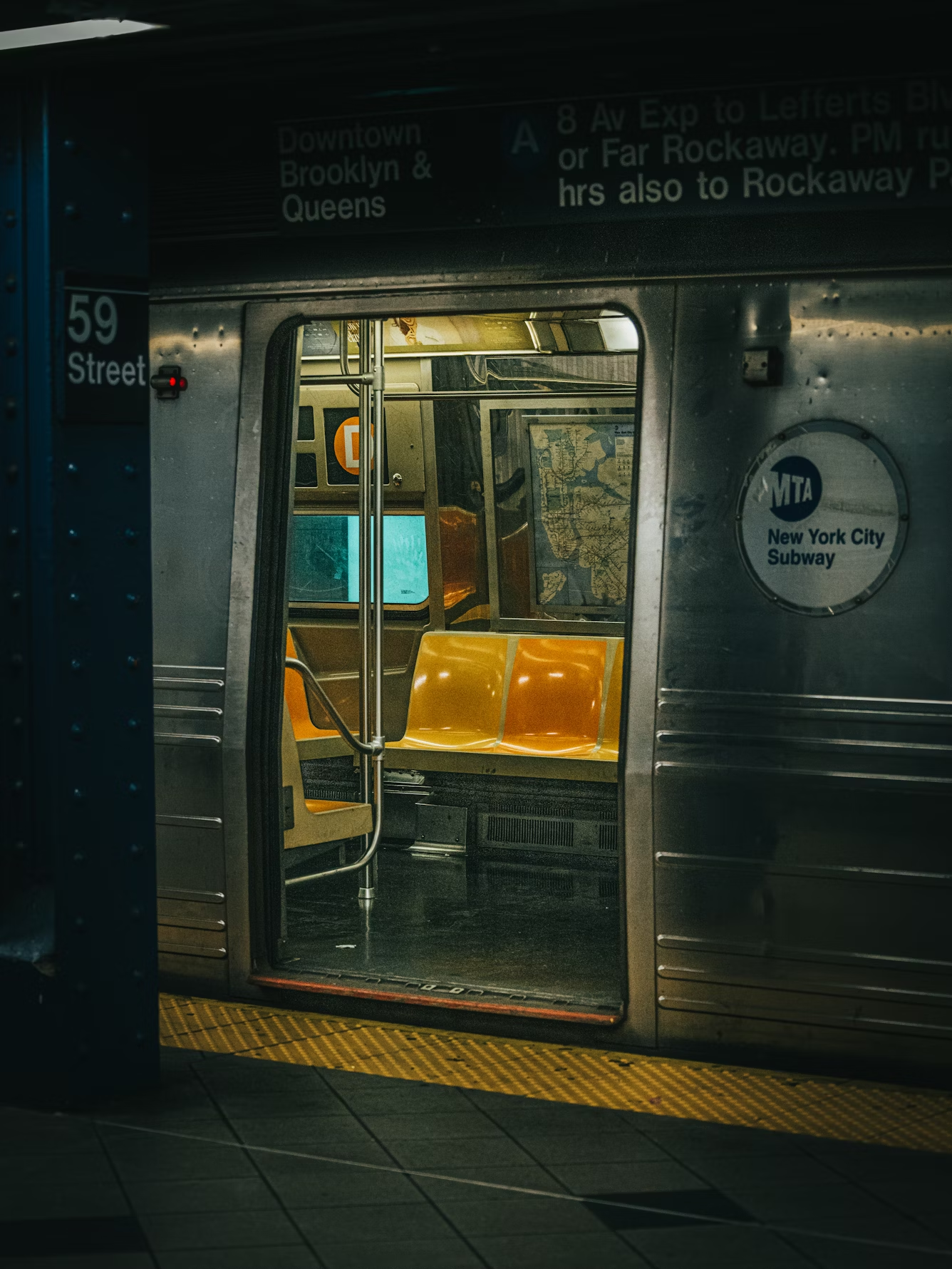By WYATT TOWNLEY
Not the girl
after the party
waiting for boy wonder
Not the couple
after the test
awaiting word
Not the actor
after the callback
for the job that changes everything
Not the mother
on the floor
whose son has gone missing
I am the beloved
and you are the beloved
We’re all beside ourselves
as the phone is beside ourselves
One hand grips the menu
the other covers the eyes
Now the phone rings
it is singing on the table
To the dog across the room
to the waitress who is waiting
To the cat on the carpet
to the couple in the next booth
But the heart is in the cupboard
breaking the dishes
[Purchase Issue 30 here.]
Wyatt Townley is poet laureate emerita of Kansas and has published six books. Her work has been read on NPR and has appeared in journals from Newsweek to The Paris Review, and Yoga Journal to Scientific American. Commissioned poems hang in libraries including the Space Telescope Science Institute, home of the Hubble.
